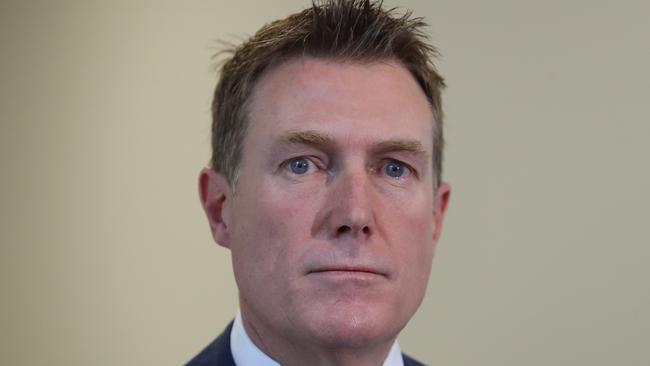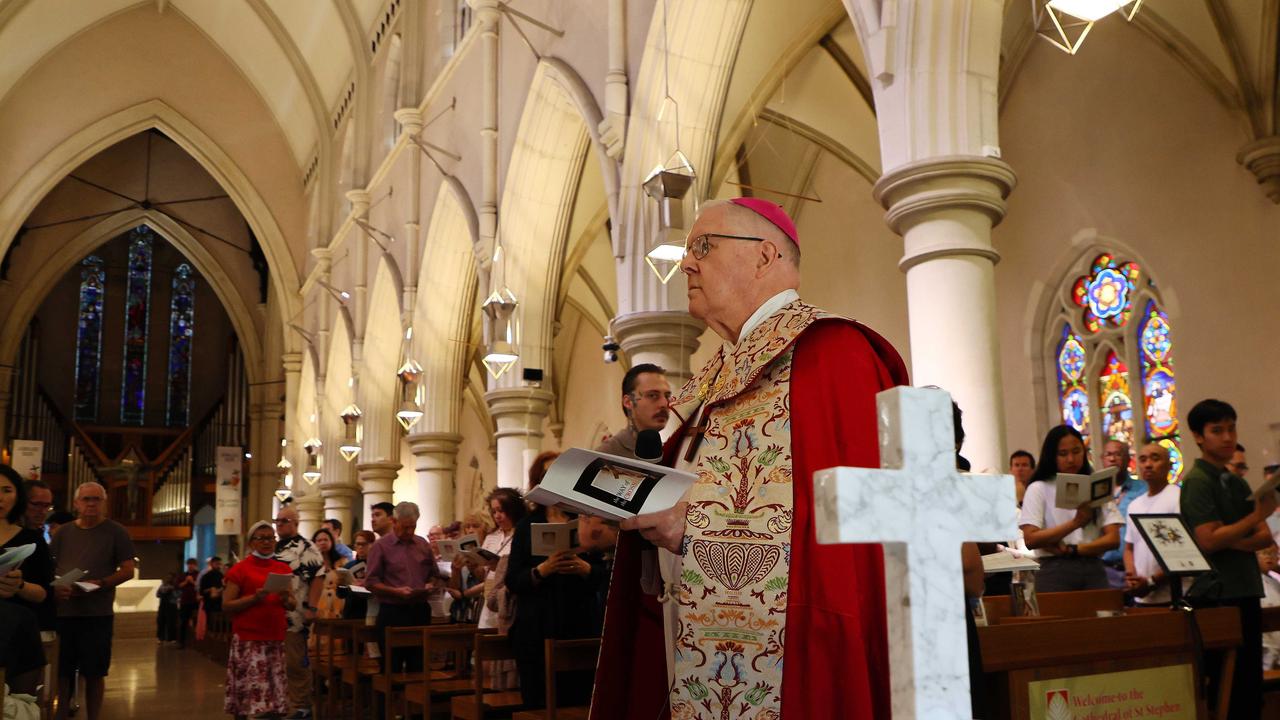Faith bill: ‘there will be changes’
The Australian Medical Association has criticised the religious discrimination bill for not recognising doctors’ ethical obligations.

Christian Porter’s religious discrimination bill may not be resolved before the end of the year, as the government pushes to introduce legislation into parliament this month.
The Attorney-General’s bill, which has drawn the ire of religious, business and social groups, is set to be discussed in a series of roundtable meetings next week, with changes to the draft legislation expected.
Mr Porter, who has consulted with more than 90 groups, said the draft bill was never the final version.
“It’s not like we pretended that every piece of drafting and use of words in the legislation in its draft form was completely perfect,” Mr Porter told the ABC.
“We’ve learned quite a bit on the way and we said from the beginning that it was difficult for us without the expertise to understand how religious aged care and hospitals work and what might be their requirements.
“We’ve had special sessions with them … there will be changes. But they’re not changes at the margin nor are they massive or substantial changes.”
Mr Porter, who is also Leader of the House, said the government was attempting to navigate a balance with its religious freedoms legislation package, and they had noted key concerns from religious, business and social groups.
“Not everyone’s going to be perfectly happy. That’s the nature of this type of legislation,” he said.
“It’s a balancing exercise and the idea that everyone’s going to be marching in the streets with placards congratulating the government on the bill is not where we’re going to end up but that doesn’t mean that there won’t be a passage and a pathway through parliament.”
The government expects to have its final bill considered by both houses by the final sitting week in December, allowing time for a Senate inquiry.
In its submission to the Attorney-General’s Department, the Australian Medical Association warned individuals who “face stigma and uncertainty” accessing health services — including LGBTIQ people, asylum-seekers, and refugees — could be exposed under the draft bill. The medical lobby group said sections of the legislation dealing with conscientious objection for health practitioners were “ambiguous”.
The AMA also said it was crucial that LGBTIQ people, those from cultural and linguistically diverse backgrounds, women, young people and individuals with mental health issues retained protections under existing anti-discrimination legislation.
Referring to Section 8 of the draft bill dealing with conscientious objection for health practitioners, the AMA said any legislation that addressed religious protections for doctors should “reflect an uphold the ethical and professional standards of the medical profession”.
“If applied inappropriately without being balanced against this duty to the patient, a doctor’s right to conscientious objection could have significant negative and harmful impacts on individuals’ access to health care,” the AMA submission said.
“While recognising the intent of the (bill) to allow for healthcare practitioners to conscientiously object to providing a health service because of a religious belief or activity, as written, … are ambiguous … and do not recognise that doctors who conscientiously object to providing specific medical services still have ethical and professional obligations to patients and others.”




To join the conversation, please log in. Don't have an account? Register
Join the conversation, you are commenting as Logout